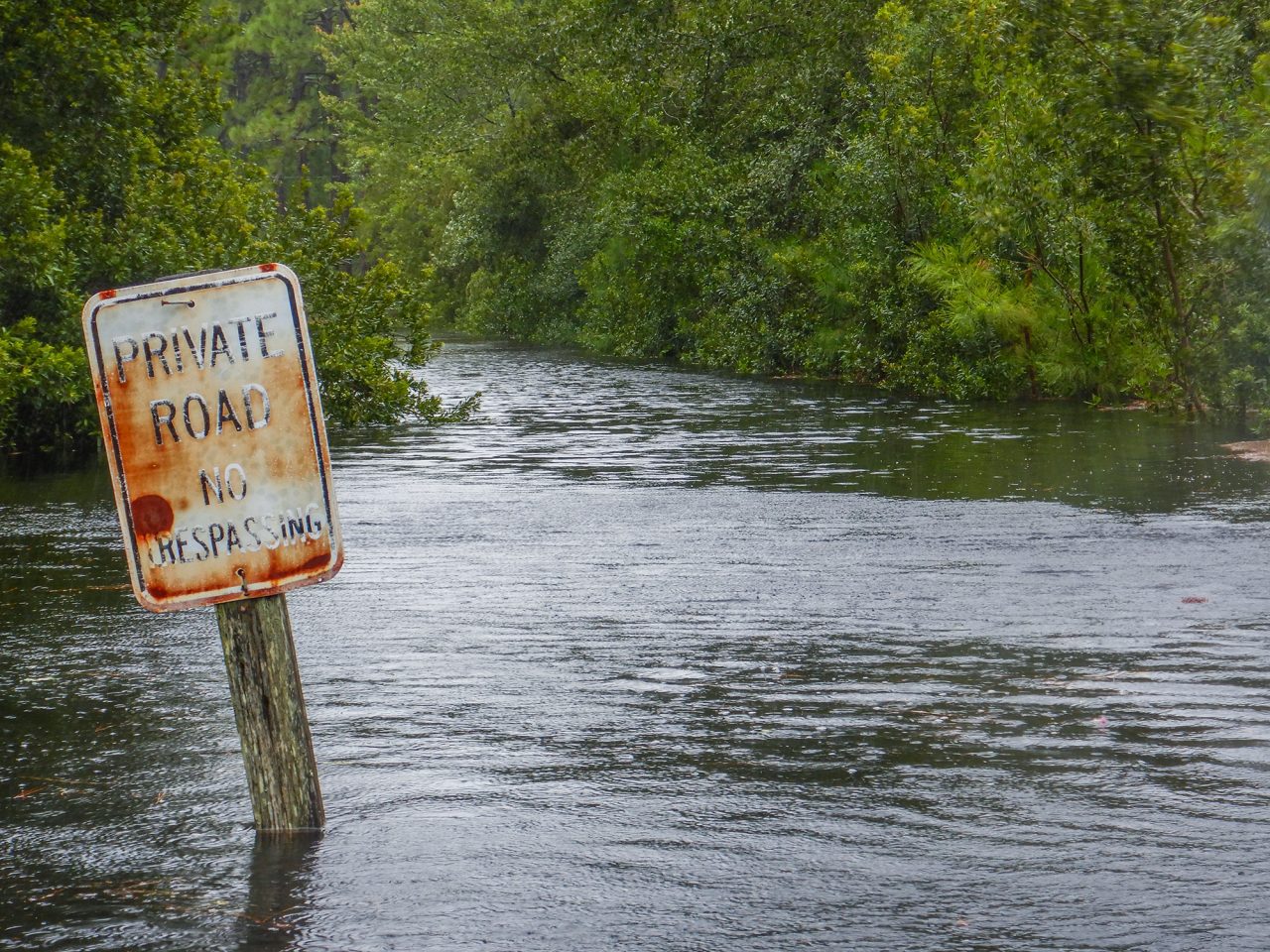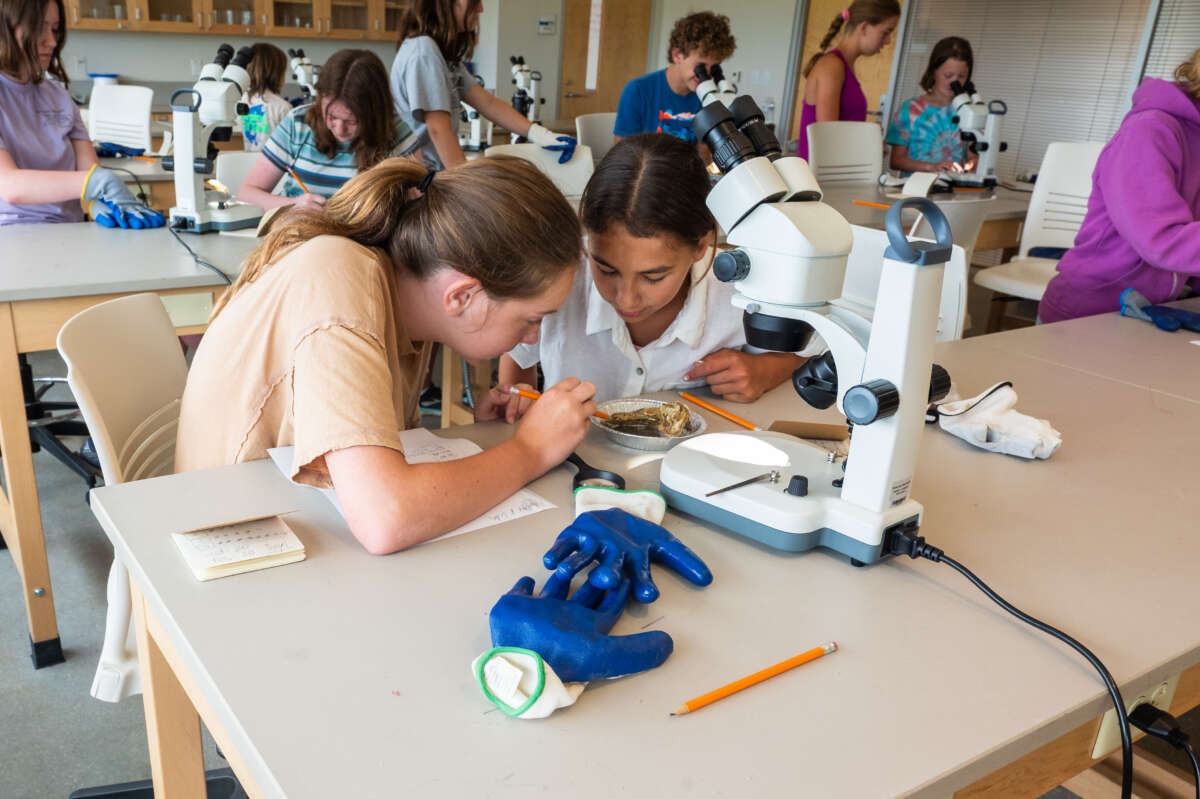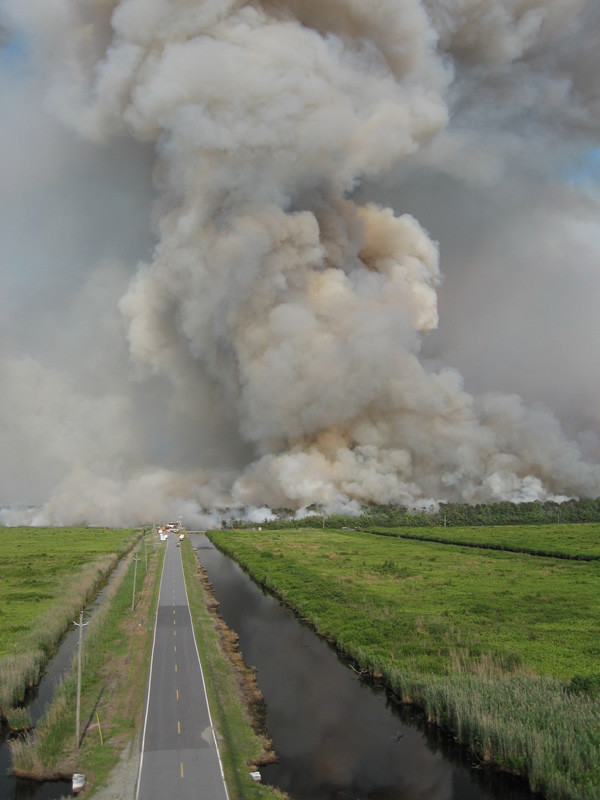
Gov. Roy Cooper has proposed around $150 million to go toward conservation and resiliency, with $20 million of that for grants to improve draining and reduce flooding, in the recommended budget his office released released last week.
The $34.5 billion proposed budget, “Securing North Carolina’s Future” for fiscal 2025 announced April 24 recommends investing more than $148 million in land and water resources conservation and resilience to natural disasters, according to the 223-page summary of the suggested budget. The focus of the budget is education with with a proposed $1 billion investment in the state’s public school system.
Supporter Spotlight
“This budget is an opportunity to build on our state’s momentum and make up ground in areas like public education, quality child care and clean drinking water, where legislators have fallen short,” Cooper said in a statement. “As the number one state to do business in the country for two years in a row, we have the formula for success in our high-quality public schools, talented workforce and thriving economy. We must make targeted investments strengthening public education, boosting economic development, and protecting our natural resources to secure a bright future for North Carolina.”
The $148 million to conserve land and water resources and build resilience will “promote land conservation through tax credits, reinforce ongoing efforts to preserve the state’s natural and working lands, and aim to mitigate future damages from storms, flooding, and wildfires,” according to his office.
One line item specific to Carteret County is the $50 million for infrastructure improvements at Radio Island as a way “to support economic development at the site.”
To address emerging compounds, Cooper proposes $100 million for the North Carolina Department of Environmental Quality to help communities with new federal drinking water per- and polyfluoroalkyl substances, or PFAS, standards and address gaps in available federal funding for PFAS remediation.
Highlights of the conservation and resiliency allocations include the following:
Supporter Spotlight
- $2 million recurring and $30 million nonrecurring to improve state parks, matching grants for local projects, and access to beaches and coastline.
- $2 million recurring and $30 million nonrecurring for projects that protect and restore the state’s land and water resources, preserve military buffers, restore degraded streams, and develop and improve stormwater treatment.
- $2.46 million in recurring to help the state preserve farmland through grants for conservation easements, farmland preservation plans, and agricultural development projects.
- $1 million nonrecurring to support agricultural water supply and efficiency increases for agricultural water use, with a focus on increasing assistance for on-farm water storage.
- $1 million recurring to expand sustainability and conservation efforts at the Department of Adult Correction, which manages more than 1,040 acres of natural lands and 54 correctional facilities.
- $20 million nonrecurring to support organizations working to reduce flooding through the restoration and maintenance of streams, waterways, and drainage infrastructure across the state.
- $5 million for the Coastal Resilient Roof Grant Program administered by the N.C. Insurance Underwriting Association to create storm-resistant houses by strengthening roofs against natural disasters.
- $5 million to strengthen an application for $68.5 million from the National Oceanic and Atmospheric Administration. The North Carolina Coastal Federation, which publishes Coastal Review, and the Division of Coastal Management have partnered on the funding opportunity through NOAA for living shorelines, the Resilient Coastal Communities Program, stormwater improvements, and land conservation to protect against extreme weather in the 20 coastal counties.
- $5 million nonrecurring to enable the N.C. Forest Service to conduct prescribed fires and contain wildfires.
- $4 million to enhance the Flood Resiliency Blueprint with more data about impacts from storm surge and coastal flooding.
- $3 million in nonrecurring funds for grants that support nature-based projects.
- $300,000 nonrecurring to replace the trailers required for transporting mobile units designed to quickly depopulate swine following disease outbreaks, natural disasters, or other catastrophic events.
- A new conservation tax credit to support land conservation efforts.
Republicans have indicated willingness to consider some of Cooper’s proposals and expressed a desire to vote on a budget and adjourn before July.







